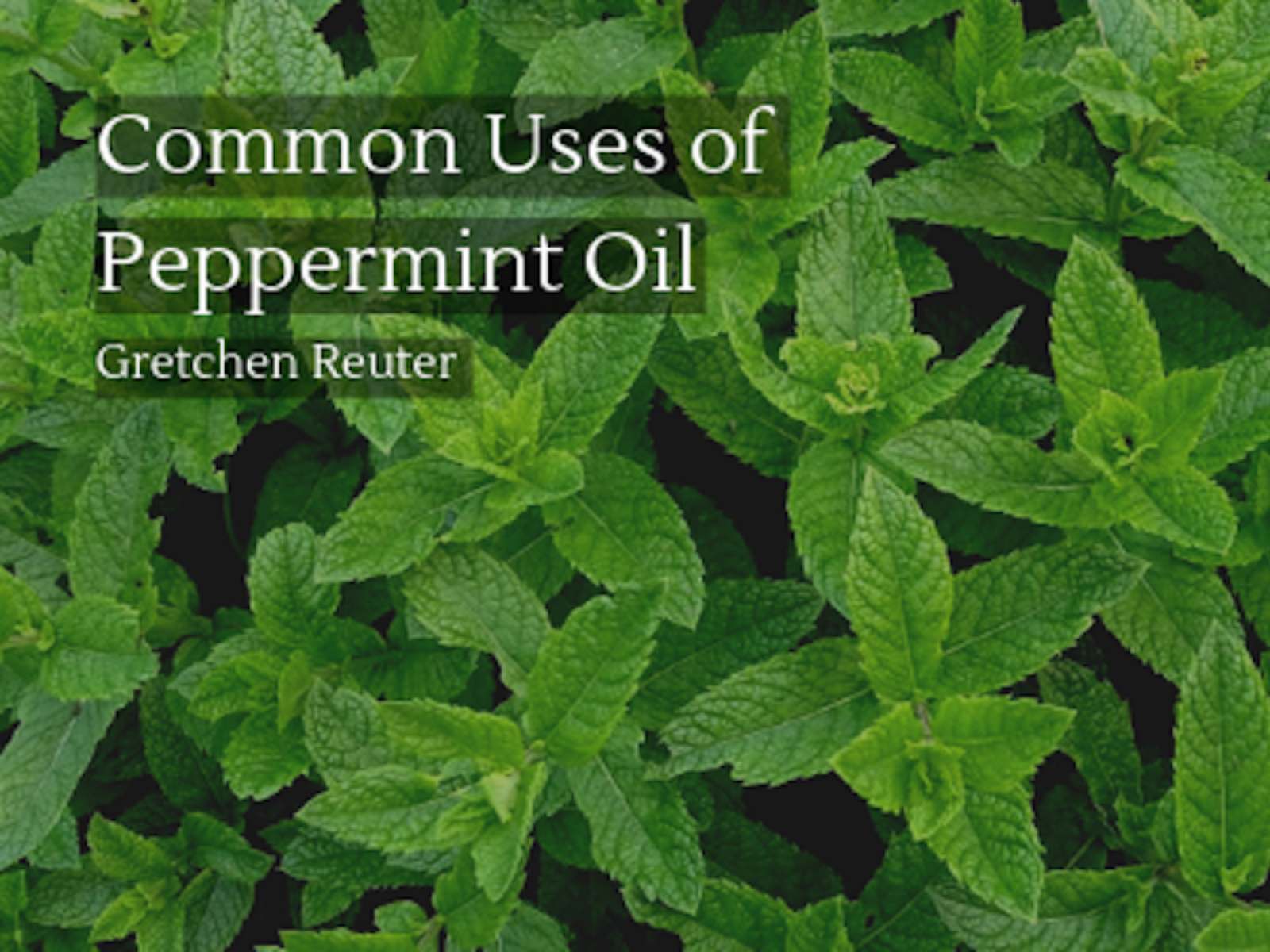Plants and their oils have been used because of their beneficial properties for centuries. Many companies today integrate natural oils into their products so that the modern consumer can easily use them. One popular oil is peppermint oil; it’s used for everything from adding flavor to foods to medicinal purposes. It has become a staple in many people’s homes because of its numerous benefits.
Insect repellent
The smell of peppermint has been shown to repel insects such as mosquitoes, ants, and spiders. Peppermint is a great oil to dilute and use on the skin during the summer, or when sprayed around the house to keep bugs out. Further anti-pest properties include repelling mice and cockroaches.
Alleviate nausea
Peppermint has been used for years to help with pregnancy-related nausea; just a few inhales of the oil’s vapors can help ease symptoms. Peppermint oil can be used to help combat nausea stemming from nearly anything, including motion sickness, surgery, and irritable bowel syndrome.
Treatment for acne and other skin conditions
Peppermint has both anti-inflammatory and antibacterial properties that can soothe skin redness and help clear up acne. Peppermint is also believed to help with the skin conditions ringworm, dermatitis, scabies, and sunburn.
Pain relief
For joint pain, sore muscles, and other aches, peppermint can be used as a natural method of soothing discomfort. When applied topically to the aching area, peppermint can help relax the muscles and spasms while providing a gentle cooling sensation that calms inflammation. Peppermint oil has also been shown to relieve oral pain caused by sore gums.
Soothing stress and relieving headaches
Peppermint can improve cognitive abilities such as focus, alertness, and memory. Peppermint can also help ease anxiety and boost an individual’s mood, making it the perfect aid during long study sessions and stressful days at work. When applied to the temples and the back of the neck, peppermint can help relieve headaches.
For allergies and colds
Peppermint has expectorant, anti-inflammatory, antimicrobial, and antiviral properties which all help treat allergy and cold-related symptoms. Peppermint can help clear the sinuses when an individual inhales peppermint oil through the air, and when applied topically to the chest, it can help expel mucus and relieve congestion.
The uses of peppermint essential oil are considerable and varied, making it clear why this oil is so popular. It is always advised to test for allergic reactions and consult with your doctor prior to using essential oils as a supplemental or alternative treatment method.
Please login to comment.







